
DEI & Communications: Mind the Gap

Good Journalists and Good Communicators Want the Same Thing
Sandpiper Health’s Support for Patient Advocacy Groups
Aug 2023

In recent years, patient advocacy groups have emerged as a significant and influential force in healthcare sectors around the world, including those in markets across Asia Pacific. Consisting of individuals affected by specific medical conditions or their caregivers, these groups now play a pivotal role in shaping healthcare policies, setting research priorities, and informing the design of patient-centred care. With knowledge and expertise drawn from firsthand experience, it is tremendously beneficial for patient groups to take a greater role in the management of the healthcare sector.
The issues that patient advocacy groups face and try to resolve are often very sensitive and emotional, particularly given that they are generally made up of patients or the family members and caregivers of patients, who experience the issues facing them on a personal level. That type of personal and emotional engagement has its own power when it is communicated to stakeholders well, bringing potentially transformative results. In some situations, however, it needs to be controlled and other methods of communication must be learned, practiced, and refined. For this reason and a variety of other challenges that also inhibit patient groups from reaching their maximum potential, external help and support for patient groups is often tremendously beneficial.
At Sandpiper Health, we have dedicated ourselves to utilising our sector expertise to empower patient groups throughout the Asia Pacific region via a variety of recent initiatives that we would like to highlight. Since last year, we have led pro bono training sessions in several of our key markets, teaching invaluable skills regarding media engagement, and we are excited to reflect on some of the activities conducted thus far as well as share some of our key findings.
Patient advocacy groups: overview and challenges
Around the world, patient groups are gaining increasing prominence due to several key factors. Firstly, advancements in communication technologies, particularly social media and online platforms, have enabled patient groups to connect and mobilize on a global scale, amplifying their collective voices and facilitating knowledge-sharing. This newfound connectivity has allowed patients to become better informed about their conditions, treatment options, and rights, empowering them to advocate for improved healthcare services and access to innovative therapies.
Bolstered by advancements in communication technologies, these groups have connected and mobilized on a global scale, allowing patients and caregivers to better advocate for improved healthcare services and access to innovative treatments. The growing emphasis on patient-centred care in some Asia Pacific markets has further elevated the role of patient groups, as policymakers and healthcare providers recognise the value of incorporating patients’ perspectives into decision-making processes.
In territories throughout the region, patient groups are emerging as influential players in the healthcare sector, contributing significantly to shaping healthcare policies and research priorities. The growing recognition of the importance of patient-centred care has now put patient groups at the forefront of discussions surrounding healthcare reform. Policymakers and healthcare providers have come to understand that including patients’ perspectives and involving them in decision-making processes can lead to better health outcomes and more effective policies. As a result, patient groups are increasingly consulted during the development of clinical guidelines, research initiatives, and the evaluation of healthcare services. Their input helps ensure that medical practices are aligned with the needs and preferences of the individuals they serve.
Despite these strengths, Sandpiper Health has identified key factors that may inhibit the effectiveness of patient groups, including:
- Access to Reliable Information: Patient groups may struggle to access reliable and up-to-date information about treatments, research developments, and policy changes. Disseminating accurate information to their members becomes crucial, but it can be a daunting task in the face of rapidly evolving medical knowledge.
- Advocacy and Influence: Although patient groups have gained recognition as important stakeholders, they may still struggle to gain equal footing with well-established healthcare institutions and pharmaceutical companies. Influencing policy decisions and securing a place at the decision-making table can be an uphill battle.
- Balancing Advocacy and Collaboration: Patient groups often seek to advocate for their members’ needs and push for changes in healthcare systems. However, finding a balance between constructive collaboration with healthcare providers and holding them accountable can be delicate.
- Fragmentation and Diverse Priorities: The landscape of patient groups can be highly fragmented, with numerous organizations representing different conditions. This diversity can sometimes make it challenging to establish unified priorities and speak with one voice, potentially diluting the impact of their advocacy efforts.
- Limited Resources: Many patient groups are non-profit organizations or run by volunteers, which means they often operate with limited financial resources. This can restrict their ability to fund awareness campaigns, research initiatives, or provide support services to their members effectively.
- Stigma and Awareness: Certain medical conditions may still carry a significant stigma, making it challenging for patient groups to raise awareness and secure adequate support from the public and policymakers.
- Sustaining Engagement: Keeping members engaged and active in the long term can be difficult for patient groups. Some conditions might have a relatively small patient population, making it harder to maintain ongoing interest and participation.
To best face these challenges, patient groups can benefit tremendously from external support. The Sandpiper Health team is truly excited to have begun providing assistance to these groups as they strive to overcome obstacles, sustain engagement among members, and best communicate with the media.
Introducing Sandpiper’s support for patient groups
As part of its dedication to the Asia Pacific community, Sandpiper Health is proud to leverage its sector-specific expertise to regularly engage with regional patient groups in pro bono media training sessions. We are proud to share some recent activities in Singapore, Hong Kong, and Beijing.
Kicking off the APAC patient group support initiatives in Singapore
Our Sandpiper Health team successfully ran its first pro bono training for patient and caregiver groups in Singapore in 2022. The training programme aimed to improve participants’ media engagement skills and help them to craft effective and compelling messages to be used in their communications. We were honored to have the Singapore Cancer Society, the National Cancer Centre Singapore, Caregivers Alliance Limited, and the Rare Disorders Society Singapore join us and share their stories.
This training was followed up by another in Singapore in December 2022, in which Sandpiper worked with a group from Rare Cancer Australia (RCA), which included around 20 cancer patient advocacy groups from across the Asia Pacific region. Since these inaugural occasions, we have been eager to continue supporting excellent organizations like these.
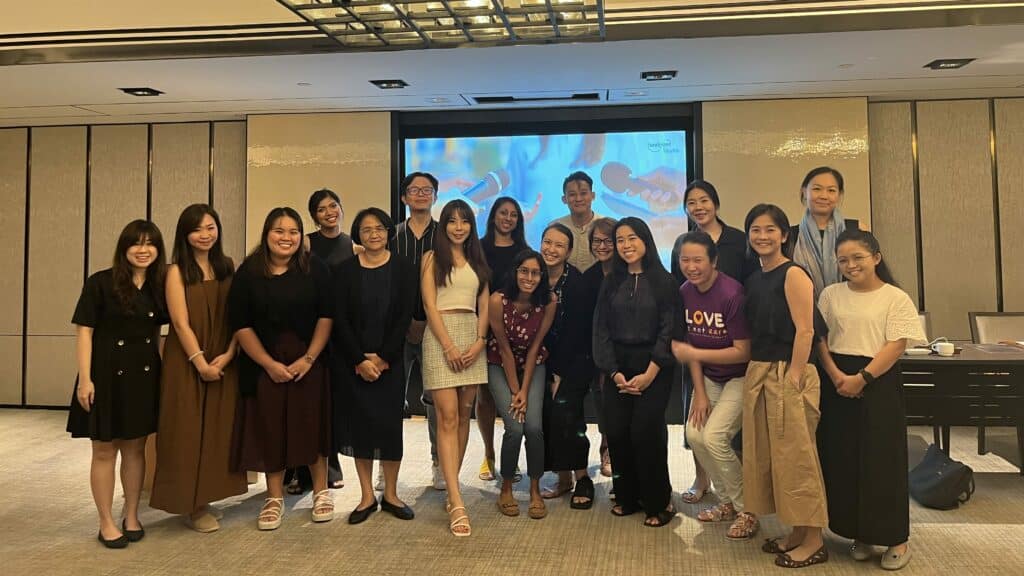
Teaming up to tackle dementia in Hong Kong
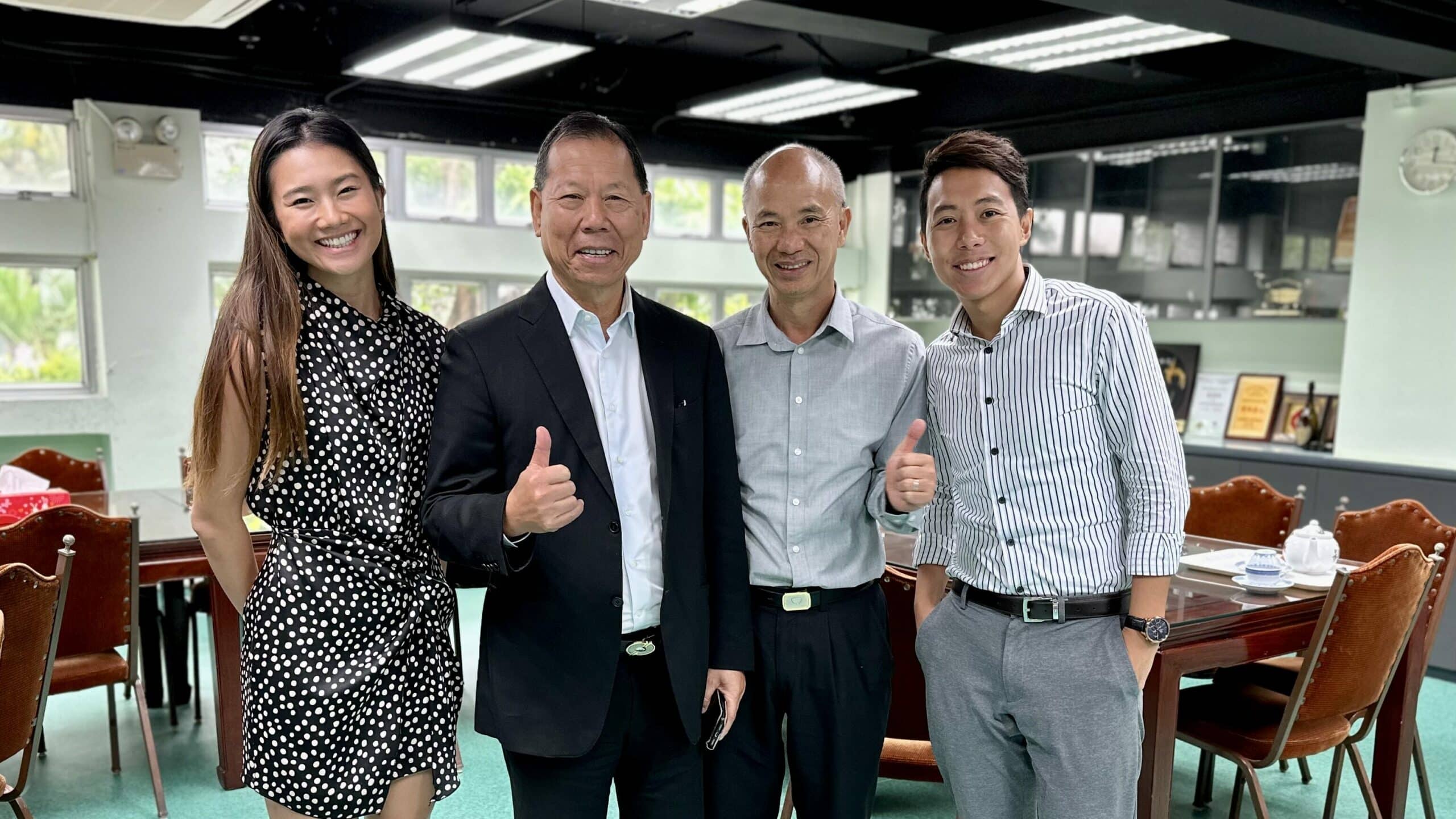
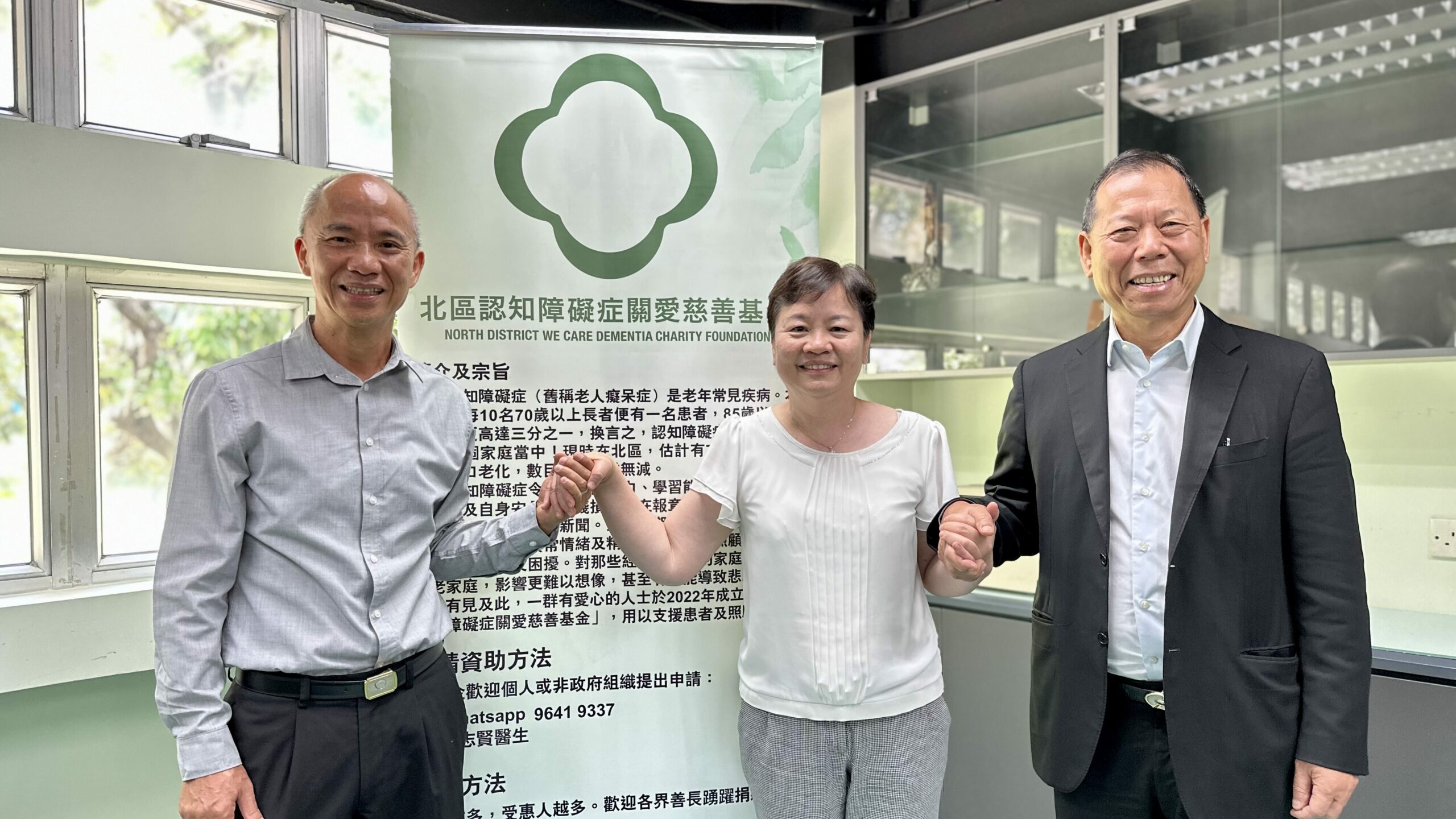
While there is still no known cure for dementia, 33 percent of HongKongers aged 60 or above are estimated live with the condition by 2039, making action and support urgent. In June 2023, Sandpiper Health provided pro-bono media support to the North District We Care Dementia Charitable Foundation (NDWCDCF), facilitating the foundation’s first foray into media relations through a successful group interview with the co-founders and a dedicated volunteer.
NDWCDCF was established at the end of 2022 and is now Hong Kong’s only district-wide NGO focused on serving people living with dementia and their caregivers. To ensure impactful communications and media coverage, our team helped to craft messaging for the Foundation from the ground up. The results were highly positive, with four prominent local dailies attending the group interview and 13 pieces of coverage secured. These items were also from outlets that were unable to attend the in-person event. Overall, we hit 100 percent of our intended key messages.
Hosting six patient groups from different backgrounds in Beijing
On the evening of July 11, 2023, Sandpiper Health successfully conducted its first pro-bono media training for patient and caregiver groups in Beijing. Ten participants from six organisations, including AiYou Foundation, the Illness Challenge Foundation, and CORD attended the training.
The goal of the training program was to enhance participants’ abilities to engage with the media and assist them in creating impactful and persuasive messages for their communications.
To take into account participants’ different backgrounds, the team conducted a survey to assess the needs of patient organisations and tailored the training materials accordingly. The training included not only theoretical introductions but also practical exercises, discussions, and Q&A sessions. Patient organisation representatives had the opportunity to practice pitching to the media and hone their speaking skills.
As part of these activities, the trainers conducted mock interviews with participants, rehearsing issues encountered in real media work. In the key message session, trainers led patient groups on best practices for introducing their organisations to the public, empowering them to do so with greater confidence in the future.
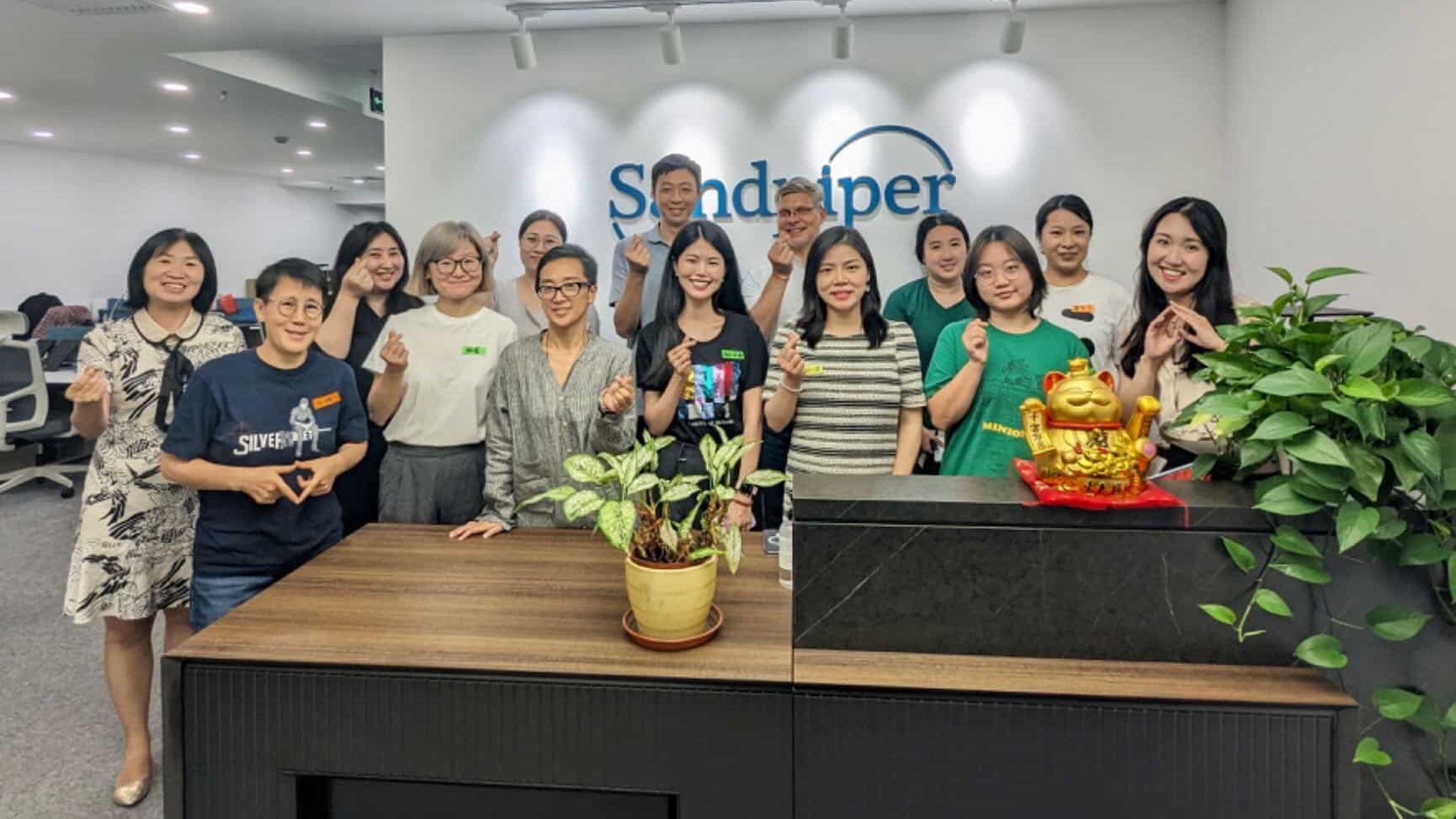
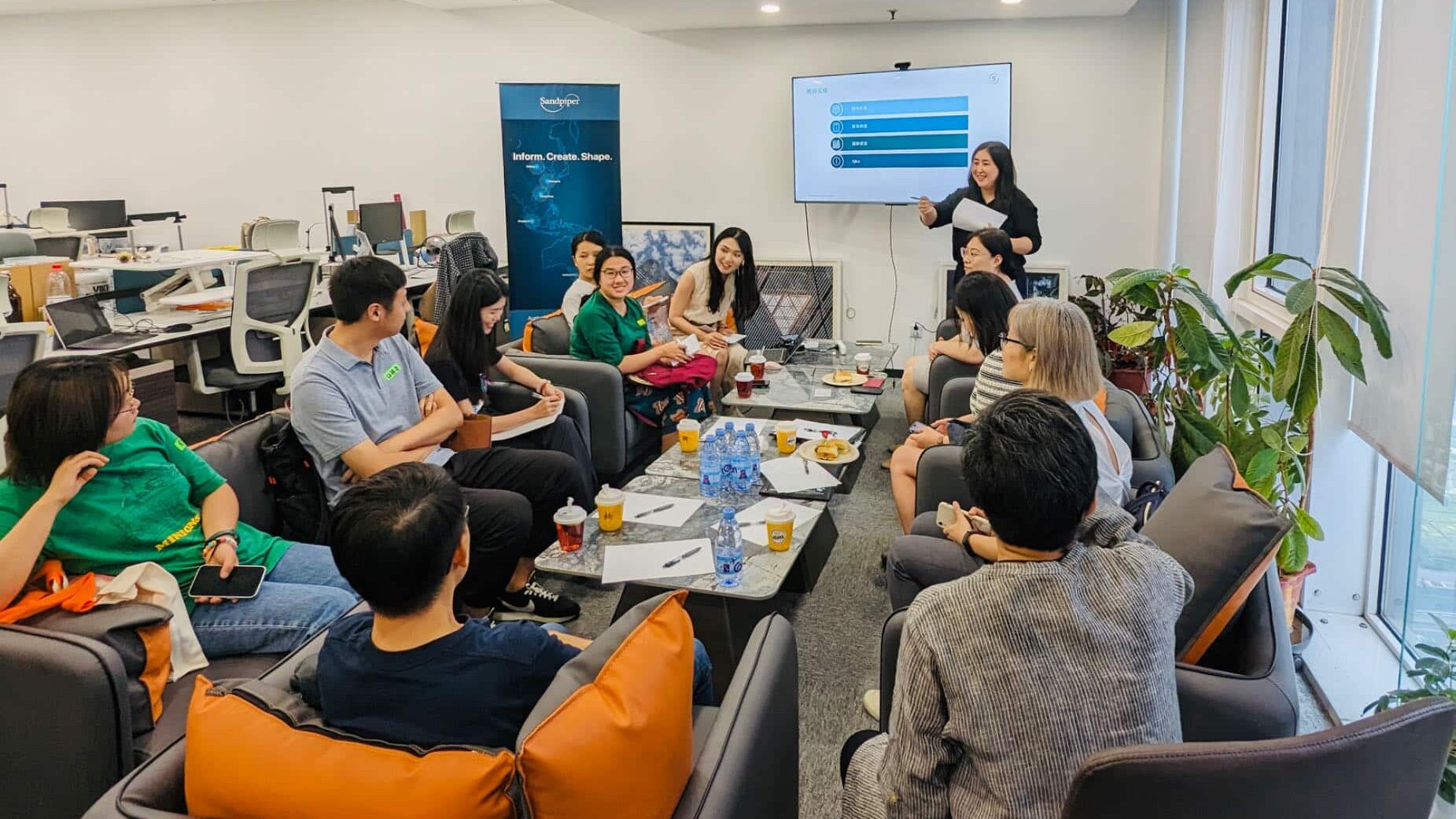
Our takeaways
Participant feedback has been overwhelmingly positive. Patient groups have realised the importance of harnessing the power of media, responding that they believe better coverage can help them amplify their voices and advocate for their needs. While they have previously engaged with the media in their organizational activities, they desire a more systematic understanding of the media landscape, target audiences, areas of interest, and writing styles. This understanding will enable them to tailor their communication method and make them more impactful. Accordingly, they aspire to establish strong, long-term relationships with journalists. By acquiring more skills in media communication, understanding the key elements of news stories, and highlighting the most compelling aspects, they seek to build enduring connections with relevant news people. Participants are now more focused on enhancing the effectiveness of communication to drive issue resolution, and they seek to acquire skills in managing unforeseen and crisis events.
Patient groups are also particularly concerned about effectively addressing the complex array of voices on internet platforms. They recognise that patients face challenges such as a lack of information, difficulties in making treatment decisions, communication barriers with healthcare professionals, and the affordability of medical care. Consequently, their primary concerns in this domain lie in improving treatment accessibility and enhancing public and patient awareness of diseases. Patient groups acknowledge the assistance digital healthcare technologies provide in accessing high-quality services. However, they also recognise the need to address challenges such as the lack of targeted and customised content and patients’ limited digital literacy. Particularly in the age of digitalization, we believe it is crucial to help patient groups distinguish themselves and leverage the media’s influence beyond mere online traffic.
Looking ahead
Building on these experiences, the Sandpiper Health team is excited to continue its work with patient groups. By incorporating and responding to participant feedback, we believe we can offer more and more impactful assistance to groups operating in this domain across the region. As we strengthen our collaboration with patient groups, our expertise can further help drive the evolution of healthcare services in the region and facilitate positive changes. Please stay tuned for more exciting announcements in the coming months as we strive to support patient groups in their efforts to realise patient-focused, accessible, and effective healthcare systems throughout Asia Pacific.




